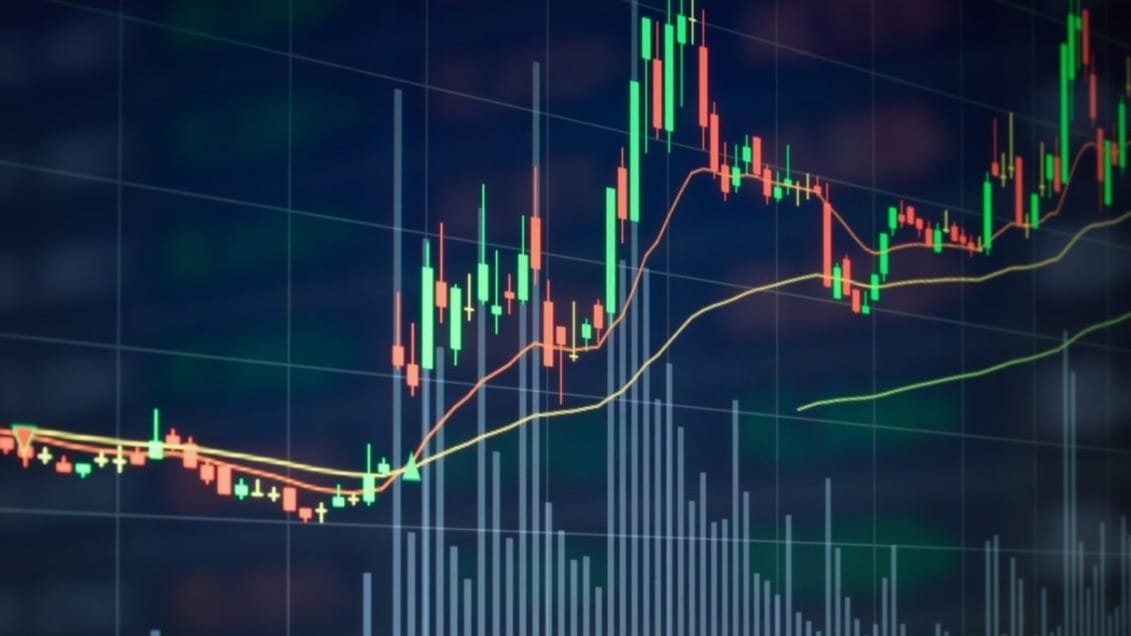Exploring Trading in Pakistan: Opportunities, Trends, and Challenges
Pakistan’s stock market, primarily represented by the Pakistan Stock Exchange (PSX), is one of the largest and most active in South Asia. With the increasing interest in equities, both domestic and international investors are finding opportunities in Pakistan’s dynamic market. The PSX has shown a steady growth trajectory over the years, and with governmental initiatives aimed at improving market transparency and regulations, trading in Pakistani stocks has become more accessible and attractive to investors.
Another area of growing interest is commodity trading. Pakistan is a significant producer of agricultural products, textiles, and natural resources, making commodities like wheat, cotton, rice, and petroleum key players in its trading landscape. The development of commodity exchanges such as the Pakistan Mercantile Exchange (PMEX) has further facilitated trade in these sectors. Investors and traders can now take advantage of various futures contracts and hedging strategies, especially in volatile markets.
Forex trading is also gaining popularity, as the Pakistani rupee experiences fluctuations due to domestic economic factors and global market trends. While Forex trading can offer substantial profits, it also carries significant risks. Traders must be equipped with proper knowledge, tools, and strategies to navigate the complex world of currency trading, especially in a market like Pakistan where political and economic factors can greatly influence exchange rates.
Despite the many opportunities, trading in Pakistan comes with its own set of challenges. Political instability, economic fluctuations, and regulatory concerns can impact market performance and investor confidence. Furthermore, access to quality information and the need for enhanced investor education are areas that require attention for the development of a robust trading ecosystem.
In conclusion, trading in Pakistan offers numerous opportunities, particularly in the stock, commodity, and Forex markets. However, to succeed in this evolving market, traders need to stay informed, adapt to market dynamics, and be prepared to tackle challenges head-on. With the right knowledge and strategies, the potential for profitable trading in Pakistan remains substantial.






